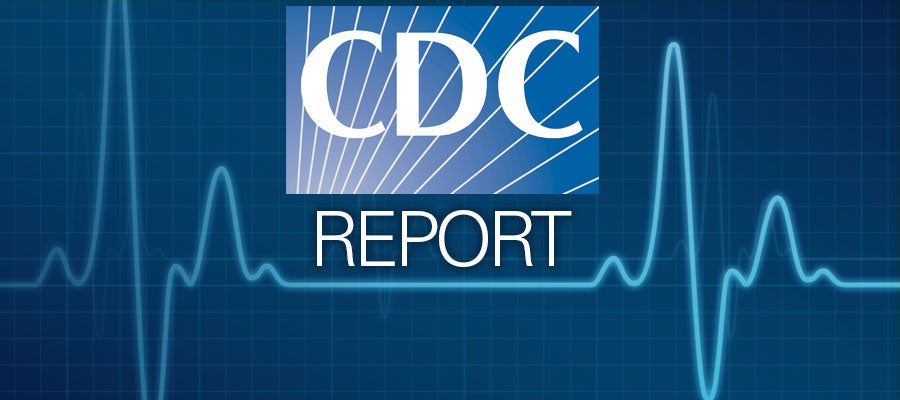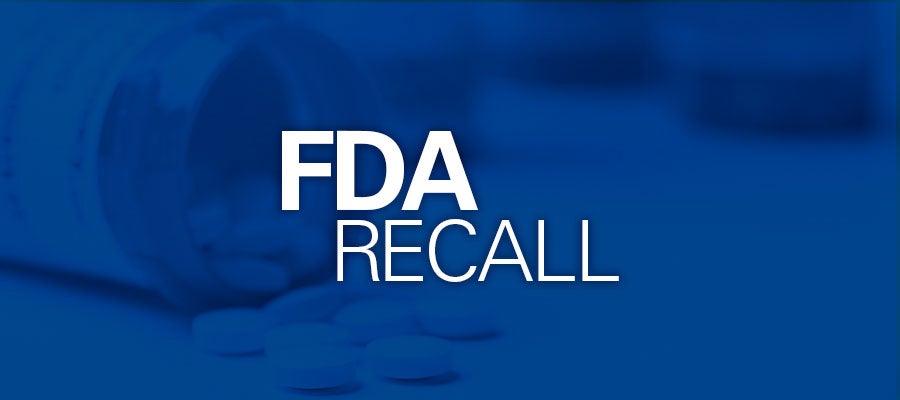Like many hospitals and health systems across the nation, the AdventHealth Central Florida Division is experiencing a shortage of nurses. According to the Florida Hospital Association, the state could face a shortfall of nearly 60,000 nurses by 2035 if changes aren’t made in inspiring, recruiting and supporting nursing students and nurses.








